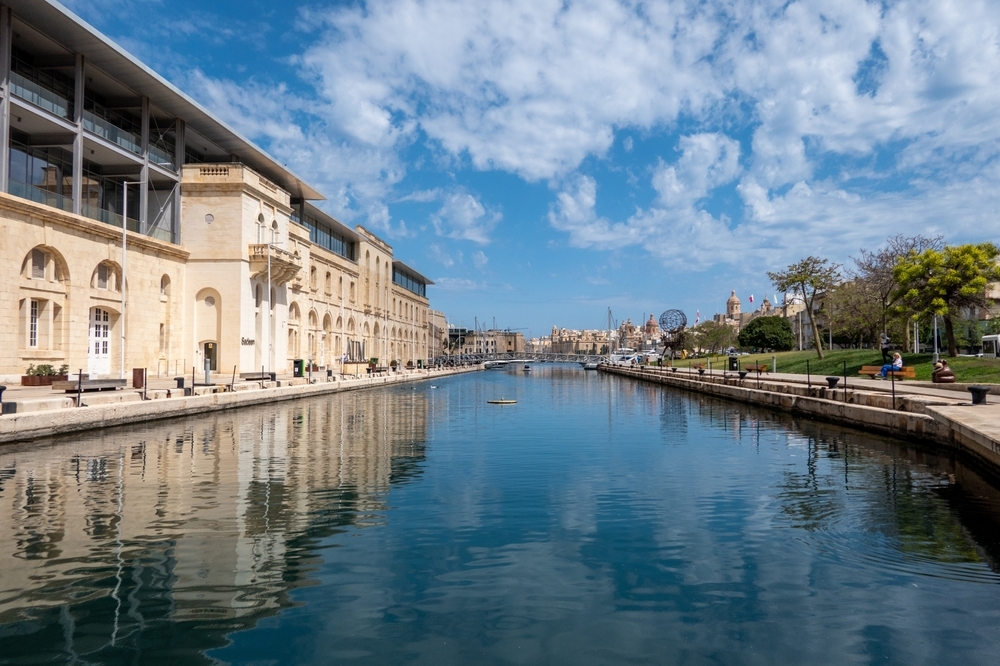Malta launches Semiconductor Competence Centre

Malta has taken a significant step forward in its economic transformation with the launch of its first Semiconductor Competence Centre, a cornerstone project announced by the Minister for the Economy, Enterprise, and Strategic Projects, Silvio Schembri, as part of the 13 key measures in Budget 2025.
This €8 million investment—co-funded by €4 million in EU funds and €4 million in national resources—will be established at the University of Malta, cementing Malta’s important role in high-value-added economic activity.
The Competence Centre, a vital element of Malta Vision 2050, aims to strengthen Malta’s position in the global semiconductor value chain by promoting knowledge dissemination, fostering innovation, and enhancing collaboration between academia and industry. Minister Schembri emphasized the Centre’s importance, stating: “This initiative is not just an investment in infrastructure but in the future of Malta’s economy. By focusing on semiconductors, we are creating opportunities for high-value careers and advancing Malta’s competitiveness on the global stage.”
The announcement coincided with Malta’s first Global Semiconductor Conference, organized by Malta Enterprise in collaboration with Silicon Catalyst. This conference brought together global leaders, including representatives from TSMC, imec, and STMicroelectronics, to discuss the critical role of semiconductors in economic growth and global resilience.
As a secondary milestone, Minister Schembri announced the launch of a process to develop Malta’s Semiconductor Strategy, aligning with recommendations in the Draghi Report and the EU Chips Act. This strategy will outline Malta’s long-term roadmap to integrate deeper into the semiconductor ecosystem, addressing both economic opportunities and geopolitical challenges. Consultations with stakeholders will commence in early 2025, with the final strategy expected by the end of that year.
Malta has already demonstrated strength in the semiconductor sector. Companies like STMicroelectronics have heavily invested locally, while Malta Enterprise engages with multinational firms considering Malta as a base for advanced R&D centres. Additionally, family-owned businesses like 4JM Solutions exemplify the diversity and innovation present within the local ecosystem.
Malta Enterprise CEO George Gregory highlighted the sector’s contribution: “Semiconductors represent 18% of Malta’s manufacturing workforce, accounting for 4,280 full-time equivalents, and over €1.2 billion in exports annually—more than 30% of Malta’s total exported goods. This sector reinvests around €100 million per year in capital, making it a vital pillar of our economy.”
The Competence Centre and the Semiconductor Strategy are key to Malta’s ambition to enhance productivity, foster innovation, and create high-value jobs in alignment with Malta Vision 2050. With these initiatives, Malta is reinforcing its position as a stable and forward-thinking location for global business and innovation in semiconductors and beyond.

































